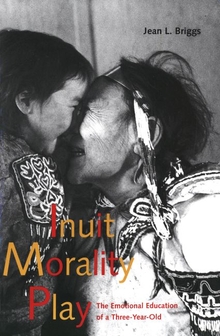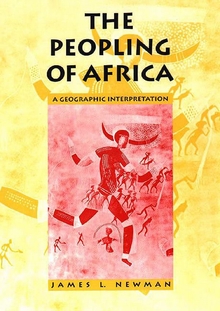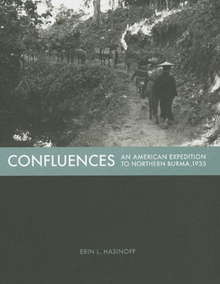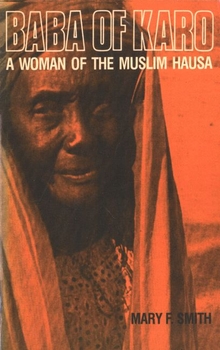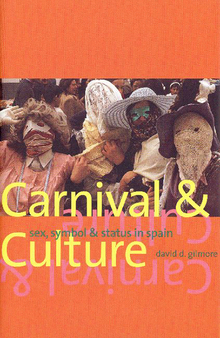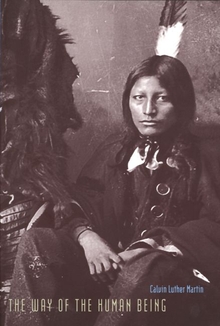Inuit Morality Play
WARNING
You are viewing an older version of the Yalebooks website. Please visit out new website with more updated information and a better user experience: https://www.yalebooks.com
The Emotional Education of a Three-Year-Old
Jean L. Briggs
"I could not be more enthusiastic about this brilliant book. . . . A mesmerizing ethnography."—Nancy J. Chodorow
"Is your mother good?" "Are you good?" "Do you want to come live with me?" Inuit adults often playfully present small children with difficult, even dangerous, choices and then dramatize the consequences of the child’s answers. They are enacting in larger-than-life form the plots that drive Inuit social life—testing, acting out problems, entertaining themselves, and, most of all, bringing up their children.
In a riveting narrative, psychological anthropologist Jean L. Briggs takes us through six months of dramatic interactions in the life of Chubby Maata, a three-year-old girl growing up in a Baffin Island hunting camp. The book examines the issues that engaged the child—belonging, possession, love—and shows the process of her growing. Briggs questions the nature of "sharedness" in culture and assumptions about how culture is transmitted. She suggests that both cultural meanings and strong personal commitment to one’s world can be (and perhaps must be) acquired not by straightforwardly learning attitudes, rules, and habits in a dependent mode but by experiencing oneself as an agent engaged in productive conflict in emotionally problematic situations. Briggs finds that dramatic play is an essential force in Inuit social life. It creates and supports values; engenders and manages attachments and conflicts; and teaches and maintains an alert, experimental, constantly testing approach to social relationships.
"Briggs shows that when you focus on moment-to-moment interactions in one context, you can open up a whole world of meaning. The book is a stroke of genius."—Arlie Russell Hochschild, author of The Time Bind: When Work Becomes Home and Home Becomes Work
"A thoughtful and sensitive portrayal of the play or emotion, meaning and action in Inuit social life. . . . Briggs’ understanding of Inuit society and culture is . . . remarkably profound. . . . . The book will be an excellent resource for those interested in methods used by social scientists [and] I am sure this book will also be of special interest to psychologists and anthropologists. . . . This book can also serve as a practical guide for those who work with Inuit families on a regular basis, including counsellors, educators, medical professionals, and social workers who would like to learn more (or learn a different perspective) about Inuit interpersonal relations."—Edmund Searles, Etudes/Inuit/Studies
"Briggs provides the reader with an awareness that social interactions between adults and young children often dismissed as prosaic and meaningless are the ‘meat and potatoes’ of socialization to think and feel like members of the group. Her study calls our attention to the importance of play as a safe space in which to try out new behavior; her work sparks our imaginations."—Judith Lynne Hanna, Anthropology and Education Quarterly
"I could not be more enthusiastic about this brilliant book. It makes persuasive, nuanced arguments about culture, internalization, and personal individuality, and it is a mesmerizing ethnography."—Nancy J. Chodorow, author of Feminism and Psychoanalytic Theory
Publication Date: September 10, 1999
3 b/w illus.

